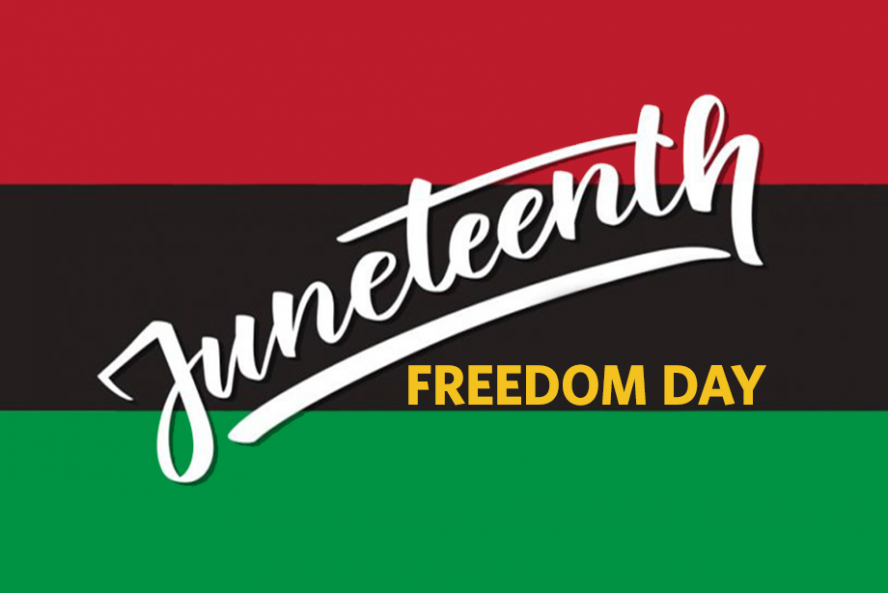-

Hear from Monica Toft, Academic Dean
Learn how Monica Toft, Academic Dean, is shaping the study of global affairs and diplomacy at Fletcher.
Hear from Prof. Toft -

Explore Fletcher academics in action
Fletcher Features offers insights, innovation, stories and expertise by scholars.
Get global insights -
Get application tips right from the source
Learn tips, tricks, and behind-the-scenes insights on applying to Fletcher from our admissions counselors.
Hear from Admissions -

Research that the world is talking about
Stay up to date on the latest research, innovation, and thought leadership from our newsroom.
Stay informed -
Meet Fletcherites and their stories
Get to know our vibrant community through news stories highlighting faculty, students, and alumni.
Meet Fletcherites -

Forge your future after Fletcher
Watch to see how Fletcher prepares global thinkers for success across industries.
See the impact -

Global insights and expertise, on demand.
Need a global affairs expert for a timely and insightful take? Fletcher faculty are available for media inquiries.
Get in Touch
Juneteenth
A historic moment remembered in the continued work toward equality.
Although the Civil War ended in 1863 with President Abraham Lincoln issuing the Emancipation Proclamation calling for the abolition of slavery, news did not reach Texas until nearly two years later, when Union troops arrived in Galveston and General Gordon Granger read General Order No. 3: "The people of Texas are informed that, in accordance with a proclamation from the Executive of the United States, all slaves are free.”
On that day, more than 250,000 enslaved people in Texas were freed and celebrations erupted across the state. Why it took so long for an executive order abolishing slavery to reach Texas is unclear, but the significance of the moment is not. June 19th would become known as Juneteenth, the oldest national observance commemorating the end of slavery in the United States.
This year, Fletcher joins the Tufts community in recognizing Juneteenth as a Day of Reflection, Commitment and Action for Social Justice and calling for a continuation of work toward equality and a diverse, inclusive, equitable, non-racist society. A meaningful program is planned for Friday, June 18, 2021 that includes a keynote address from Boston civil rights leader Dr. David Harris, followed by a series of plenary sessions to further our campus community efforts to eradicate racism from wherever it may exist within the broader academic institution. The public is invited to attend the keynote; the Tufts community is invited to attend the keynote and plenary sessions. Please use this link to register.
The Fletcher School is an international center of academic excellence, with a global reputation for innovative research that informs policy and contributes to the understanding of society’s most pressing issues. Through Fletcher's research institutes, centers, and programs faculty and students work to advance thinking about topics of universal importance and impact. For Juneteenth, we offer a list of anti-racism educational resources and a sampling of recent and relevant research:
Research and Resources
-
The Shifting Geography of Talent
Courtesy of IBGC, Digital Planet
Summary: Analyzes where the most racially diverse pools of tech talent are in the United States, and discusses the need for more racial representation in the Big Tech workforce.
-
Actionable Evidence: What a Donor Learnt about Addressing Police Corruption
Courtesy of Leir Institute
Summary: Interview with a member of INL’s Office of Knowledge Management about addressing police corruption through actionable evidence.
-
Big Tech’s Opportunity for Inclusive Growth
Courtesy of IBGC, Digital Planet
Summary: How work from home experiences attributed to the pandemic could serve as a catalyst for the tech industry to narrow its large disparities in racial diversity.
-
A Tale of Two Digital Economies: Gig Workers and Remote Workers
Courtesy of IBGC, Digital Planet
Summary: Analyzes gig economy workers and where they are located in the U.S. throughout the COVID-19 pandemic. In this pandemic, Black gig workers more exposed to health risks on the job and have lower financial and legal security because of the nature of gig work contracts.
-
Courtesy of IBGC, Digital Planet
Summary: Pre-existing racial disparities in unemployment, digital access, and financial resilience have been exacerbated in COVID-19’s wake. Black communities have been disproportionately impacted––in mortality, morbidity, unemployment, and financial losses. As governments and businesses prepare to navigate the economic and public health repercussions of the pandemic, it is crucial to account for these extant inequalities to ensure inclusive recovery.
-
Calling Out Automated Racism
Courtesy of Hitachi Center and Africana Club
Summary: Fletcher students and alumni share research into how algorithmic biases drive inequality.
-
How Disparities in Digital Access Hurt Black and Latinx Communities
Courtesy of IBGC, Digital Planet
Summary: The COVID-19 pandemic has laid bare longstanding and systemic issues of inequality in the United States. Certain marginalized races and ethnicities (Black or African American and Hispanic or Latinx households) are over-represented in less-flexible, low-tech, and “high-touch” occupations and under-represented in the information economy and “high-tech” occupations; an outcome of decades of disparity in access to critical digital services like stable and affordable internet and computers.
-
A list of anti-racism educational resources


